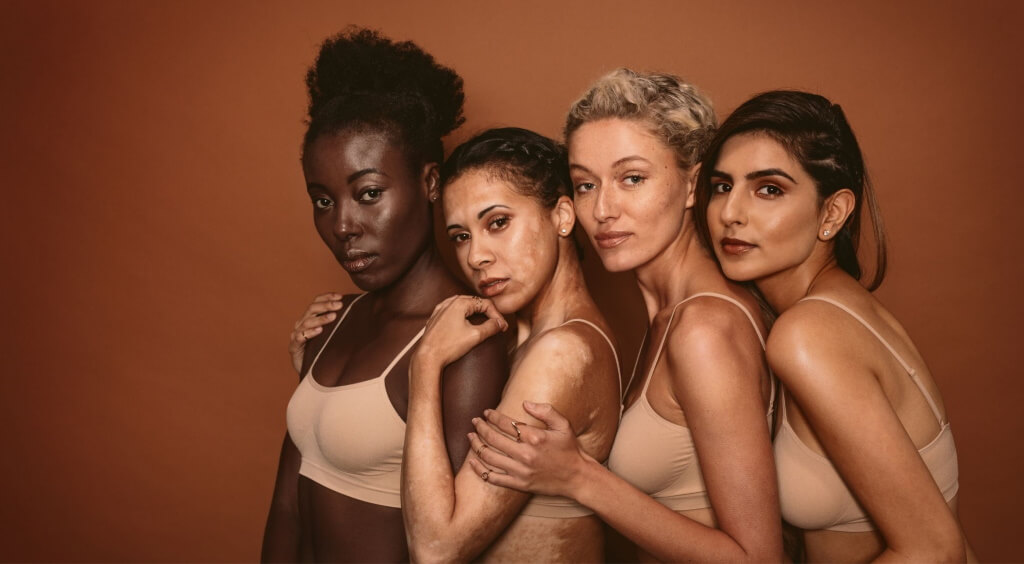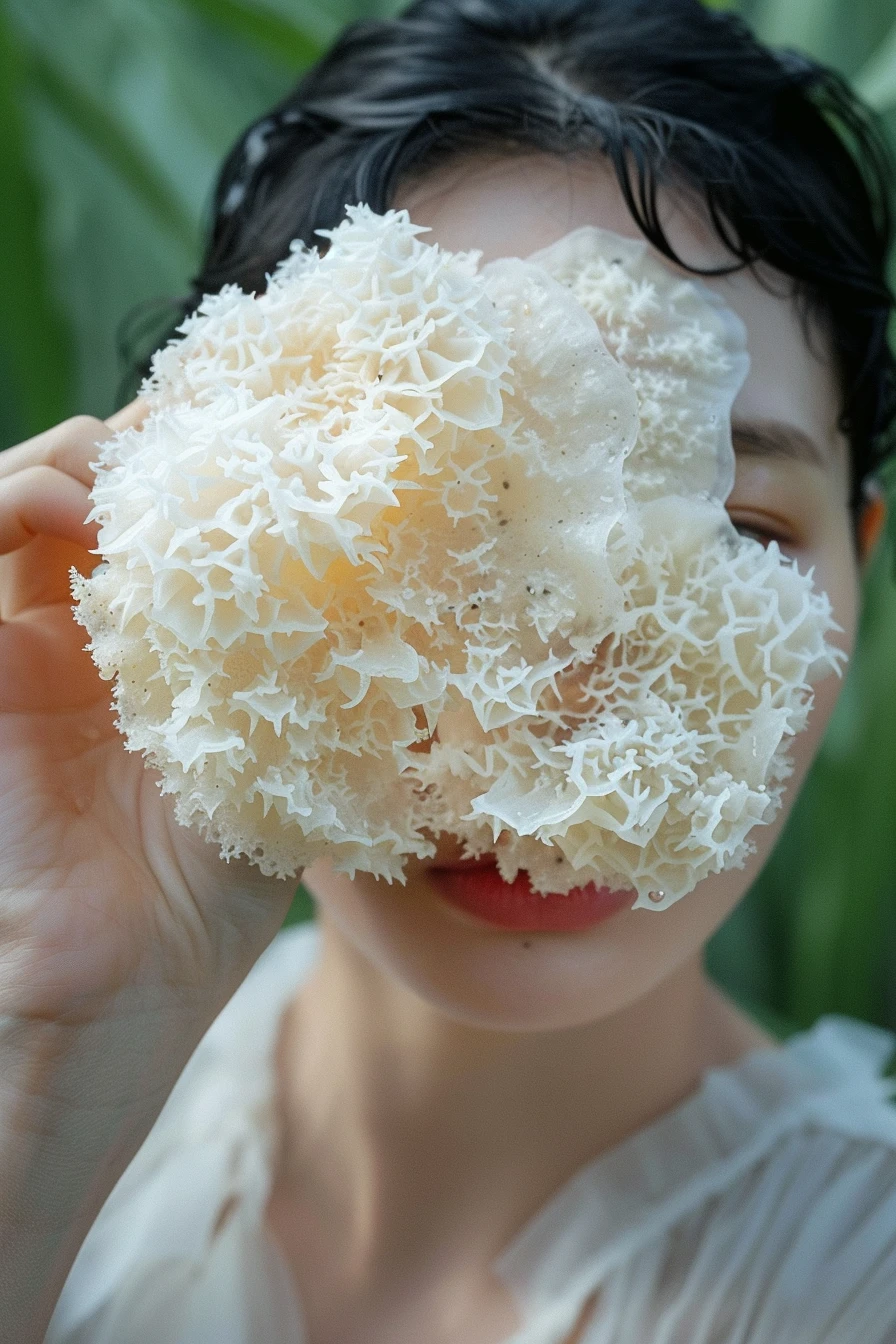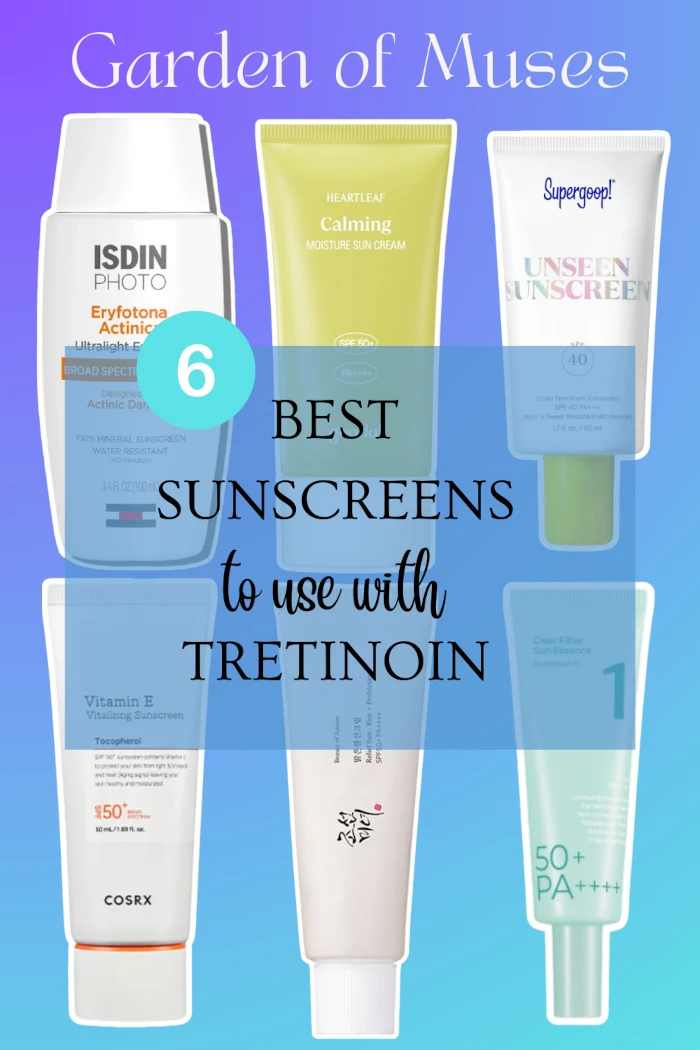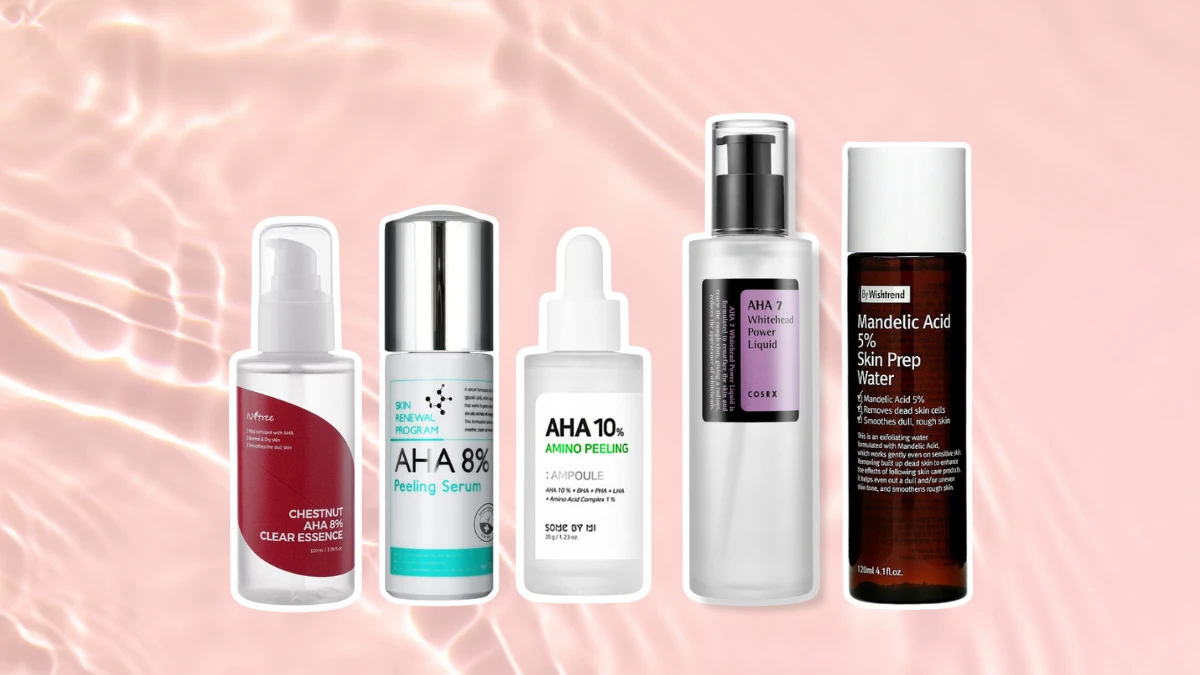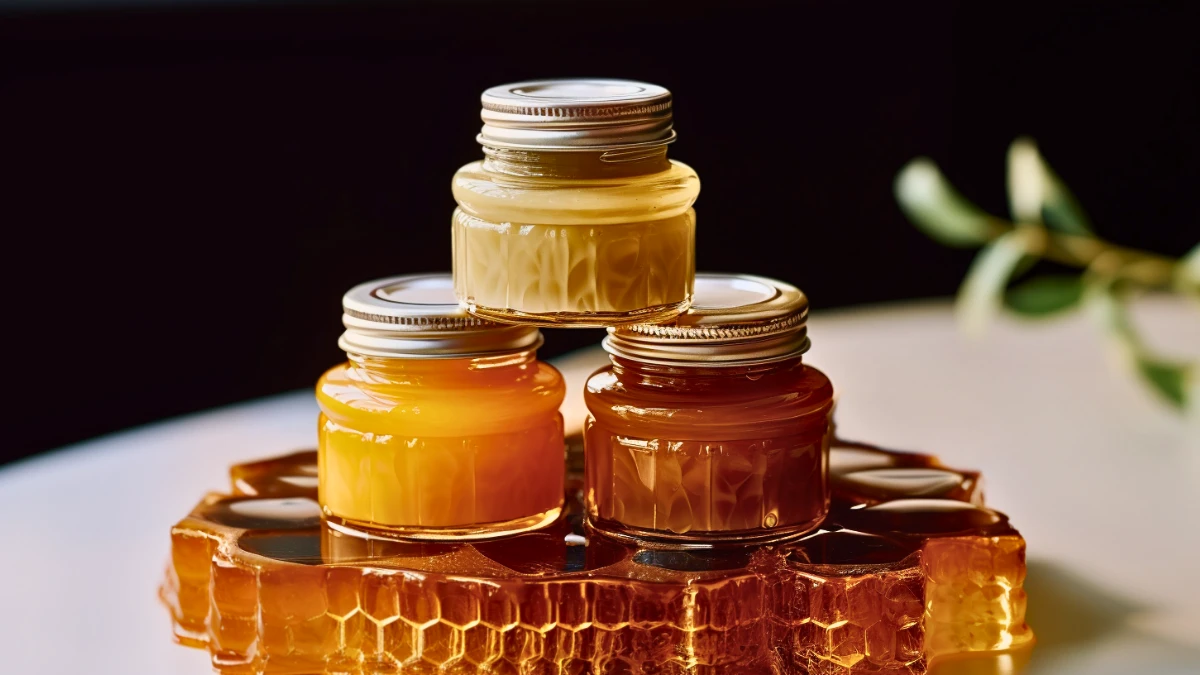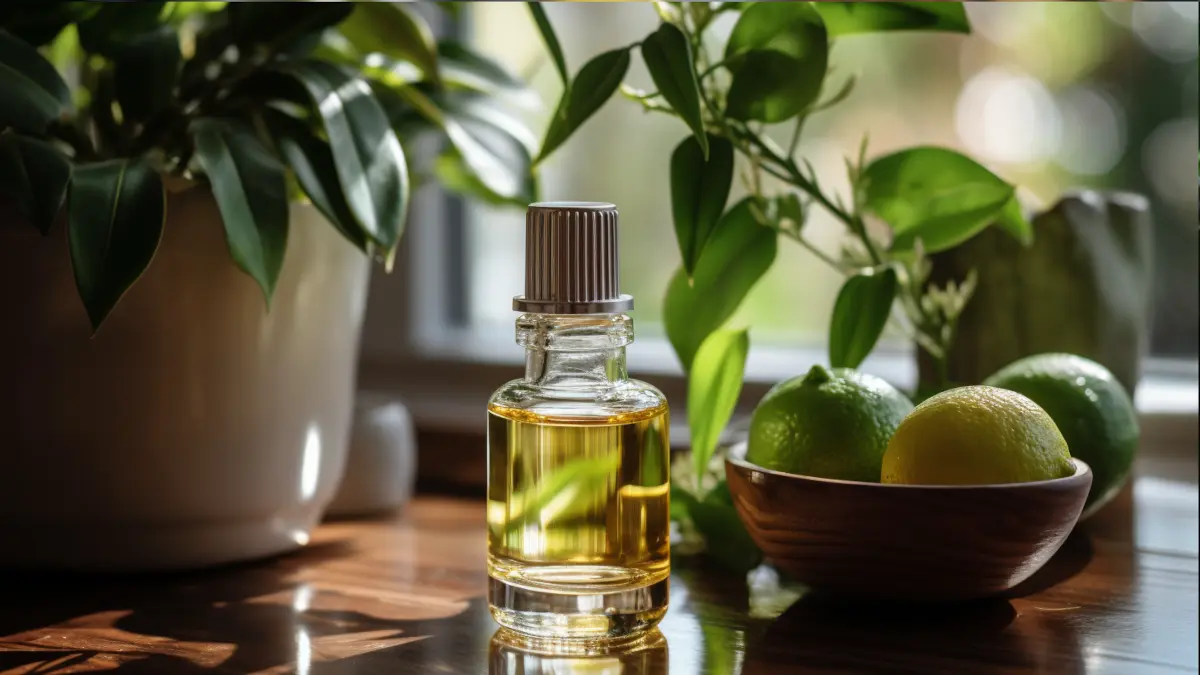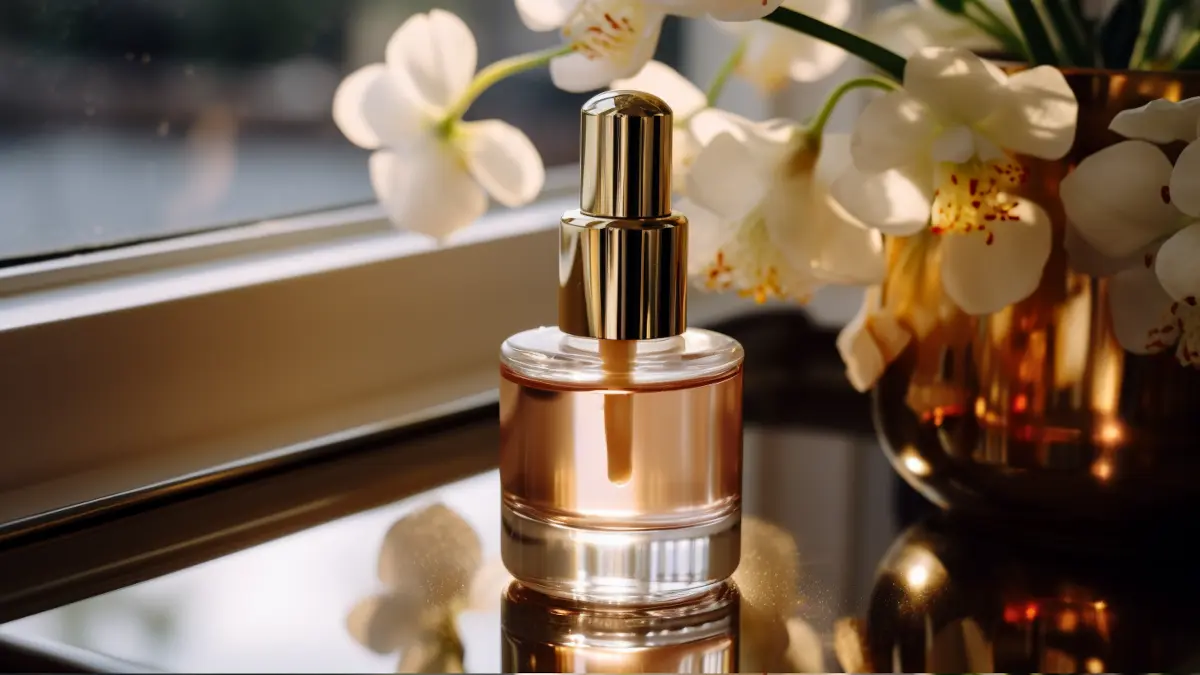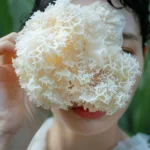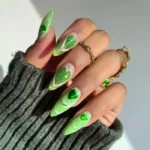I’m a skincare addict. There’s no denying it. My medicine cabinet has plenty of proof of that! One of the most common questions I get from friends, or my mom is, “Help! I’m having (insert skin problem here); how do I get rid of/treat it?!?!” I’m always eager to help, but not every product works on every skin type. So I always ask, “What’s your skin type?”
Cue a blank stare.
Half of my friends don’t know theirs, do you? Most people don’t know what skin type they have or what skin concerns they should treat. What’s the difference between the two? Everyone’s skin is different. However, it’s essential to have a basic understanding of your skin’s condition to treat it properly. Finding what kind of skin you have should be the first and the most crucial step on your skincare journey. It will help if you fit your skincare routine to your skin type and condition.
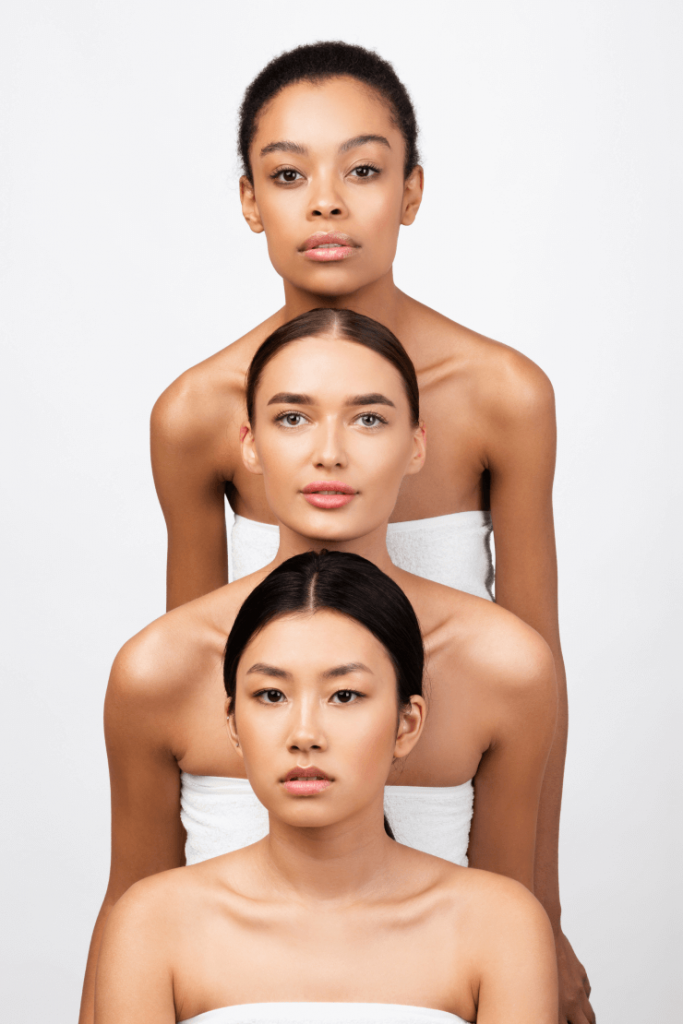
Skin Types
Skin type can be classified as a general description of how our skin feels and behaves. Scientists have found that genetics play a role in the outcome of our skin type. This does not mean you will have the same skin type as your parents, but it will put you at a higher percentage of developing a particular skin type. Therefore, your skin type is genetically determined. We are born with our skin type.
Normal Skin
Lucky you if you have normal skin! It means that your skin always stays radiant, as the oil, moisture, and elasticity find an excellent balance with each other. Normal skin has minimal or no reactions to various skincare products and rarely experiences acne breakouts.
Normal skin is classified as one that brings the most minor problems. Those with normal skin always project a healthy complexion.
The skincare routine is low maintenance, meaning you only need the basics i.e. cleanser, toner, moisturizer. Although minimal care is needed, the facial cleanser you use will need to maintain the current balance on your skin.
Dry skin
Hydration is vital to combating dry skin. Dry skin is frustrating and most commonly caused by being surrounded by an environment that absorbs moisture from the skin, aside from genes. Dry skin is susceptible to flaking and peeling.
Many cleansers on the market these days can cause dryness, and long showers and constant washing do not exactly solve the problem either. You can look for milk, cream, or oil-based cleansers to help cleanse your face without removing its natural oils.
Oily skin
Those with oily skin usually see grease, shiny, and larger pores on their faces. In warmer weather, oily skin may need to wash the face more throughout the day.
f not tended to properly, it will lead to breakouts.
Combination skin
Combination skin is tricky, as you get a little of everything on your skin. Your nose could be oily by midday, with larger pores. The U-zone, the sides of your face from temples to cheeks, has smaller pores and could turn flaky and dry.
Combo skin may require moisturizer only on the cheeks.
No cleanser is made specifically for combination skin. However, those with combination skin do not have to worry because cleansers these days are made to tackle all skin conditions in one. If you’re looking for a more specific cleanser, we suggest a gentle one that will fix the main skin problem you’re currently facing.
Sensitive skin
Sensitive skin is a skin type. A genetic predisposition causes naturally sensitive skin. There’s a difference between having sensitive skin and having sensitized skin. The best way to find out is to have a dermatologist test your skin.
What Skin Type Do I Have?
The easiest way to measure your skin type is by knowing the amount of oil on the skin. Underactive sebaceous glands will result in dry skin, and overactive sebaceous glands produce oily skin. Water content, sensitivity level, and other ways can also measure skin types.

How to Test Your Skin Type
If your cleanser isn’t stripping (which I hope is not!), your skin should feel comfortable after being cleansed. So pay close attention to your skin. How does it feel after you wash it?
Are you extremely shiny before leaving the house in the morning, or do you not start producing oil until midday?
Do you wake up with greasy or very tight and dry skin?
Those are all ways you can test out your skin type. Skin types are not just black and white. You can fall in between; normal skin can lean more toward the dry/oily side.
As a side note, tretinoin and other prescription creams can dry out the skin initially. It would be best not to diagnose yourself with dry skin after changing your regimen.
Now that you know your skin type, both skin type and skin condition need separate care. Let’s find out how else you can make your skincare more suitable.

Skin Conditions
Unlike skin types, skin conditions are not genetic and can change anytime. They depend on internal or external factors, such as hormones, diet, stress, weather, chronological system, medications, skincare routines, etc.
They can also be found present on any given skin type. For example, acne can be found on any skin type.
A few examples of skin conditions are:
- Aging – loss of muscle tone and elasticity and wrinkles;
- Acne – active and persistent breakouts usually inflamed and red;
- Dehydrated – lack of water in the skin;
- Sensitized – skin barrier has been compromised, easily reactivity, and inflamed;
- Pigmentation – uneven distribution of melanin brown or white irregular patches on the skin;
- Congestion/Breakouts – happens under the surface: comedones, pustules breakouts, cysts, etc.;
- Rosacea – redness on the nose, chin, cheeks, and forehead.

Skin Types Recap
Skin types can be controlled but not treated since we’re born with them. On the other hand, skin conditions can be easier to correct since they’re caused mainly by external factors. For example, a skin’s lipid barrier can be replenished and restored to a healthy condition, or we can rehydrate dehydrated skin.
It’s essential to take the time to analyze our skin and understand its needs. So next time you’re on a beauty high, remember that whenever you buy skin care, make sure it’s suited for your skin type and needs.
I know it’s hard, especially when we read such glowing reviews on a specific product or when it is highly buzzed. But stop, breathe, and reconsider your choices.
It’s summer and it’s humid outside; my skin produces a lot of oil. I’m not complaining. I wish I could have more well-balanced skin. A girl can dream.
I’m off to Korea for a few days! I’m very excited and hope to bring back many goodies, so stay tuned for a Korean haul.
Xo,
In a pimple crisis? Do you have a desperate need for an SOS cream? Check out our review of the Cosrx Centella Blemish Cream!